The Regency Era in Germany, spanning from 1815 to 1848, was a pivotal time in the nation’s history characterized by political upheaval, cultural renaissance, and social change. As Germany emerged from the shadow of the Napoleonic Wars and navigated the challenges of post-war reconstruction, a new era of enlightenment and reform began to shape the country. From the rise of Prussia to the revolutionary movements that swept through the nation, the Regency Era in Germany laid the foundation for the modern German state. In this article, we will explore the key events, figures, and developments that defined this important period in German history.
Step Into the World of Cheryl Bolen
Dive into the enchanting stories of love, intrigue, and elegance set in the Regency Era. Cheryl Bolen's novels offer timeless romance and captivating tales that will leave you wanting more.
Explore Cheryl Bolen's Books Now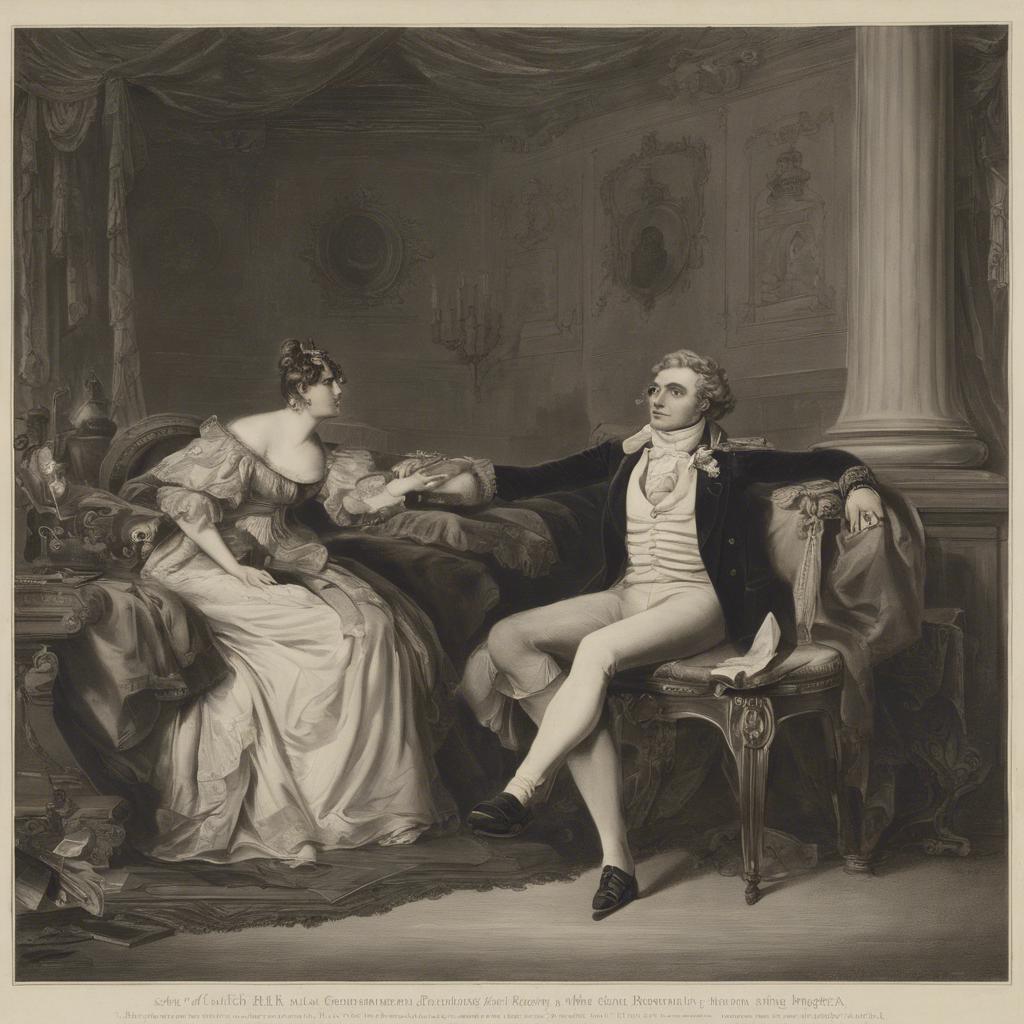
The Rise of German Romanticism during the Regency Era
German Romanticism during the Regency Era was a period of intellectual and artistic revival that emphasized emotion, individualism, and nature. German writers and philosophers such as Johann Wolfgang von Goethe, Friedrich Schiller, and Friedrich Hegel played a significant role in shaping this movement.
Themes of love, nature, and the supernatural were prominent in German literature and art during this time. Romanticism also influenced music, with composers like Ludwig van Beethoven and Franz Schubert incorporating Romantic ideals into their compositions.
The Regency Era in Germany saw a blossoming of creativity and innovation in various fields, from literature and music to philosophy and art. This period laid the foundation for the Romantic movement that would later spread throughout Europe and impact cultural movements for generations to come.
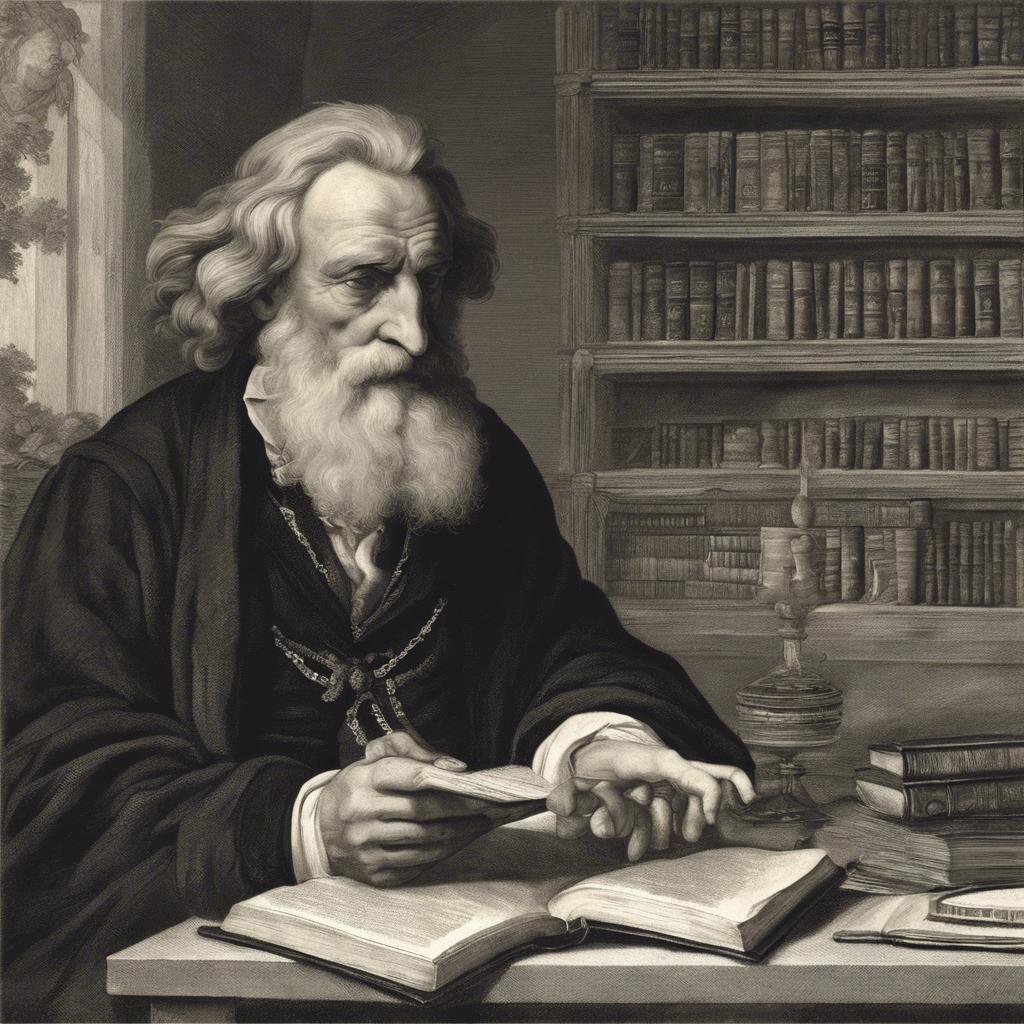
Key Figures and Influential Works in German Literature and Philosophy
The Regency Era in Germany was a time of great intellectual and cultural flourishing, with key figures in literature and philosophy making significant contributions to the intellectual landscape of the time. Some of the most influential works in German literature and philosophy were produced during this period, shaping the future of German thought for generations to come.
Key Figures:
- Johann Wolfgang von Goethe: A prolific writer and philosopher, Goethe’s works such as “Faust” and “The Sorrows of Young Werther” are considered masterpieces of German literature.
- Friedrich Nietzsche: Known for his radical ideas on morality and the concept of the ”Ubermensch,” Nietzsche’s works continue to be studied and debated in philosophical circles.
- Georg Wilhelm Friedrich Hegel: A key figure in German Idealism, Hegel’s philosophy has had a lasting impact on the development of Western thought.
Influential Works:
- “Faust” by Johann Wolfgang von Goethe: This tragic play explores themes of ambition, temptation, and redemption, and is considered one of the greatest works of German literature.
- “Thus Spoke Zarathustra” by Friedrich Nietzsche: This philosophical novel challenges traditional notions of morality and introduces the concept of the “Ubermensch” or “Superman.”
- “Phenomenology of Spirit” by Georg Wilhelm Friedrich Hegel: This seminal work in German Idealism lays out Hegel’s dialectical method and offers a groundbreaking exploration of consciousness and self-awareness.
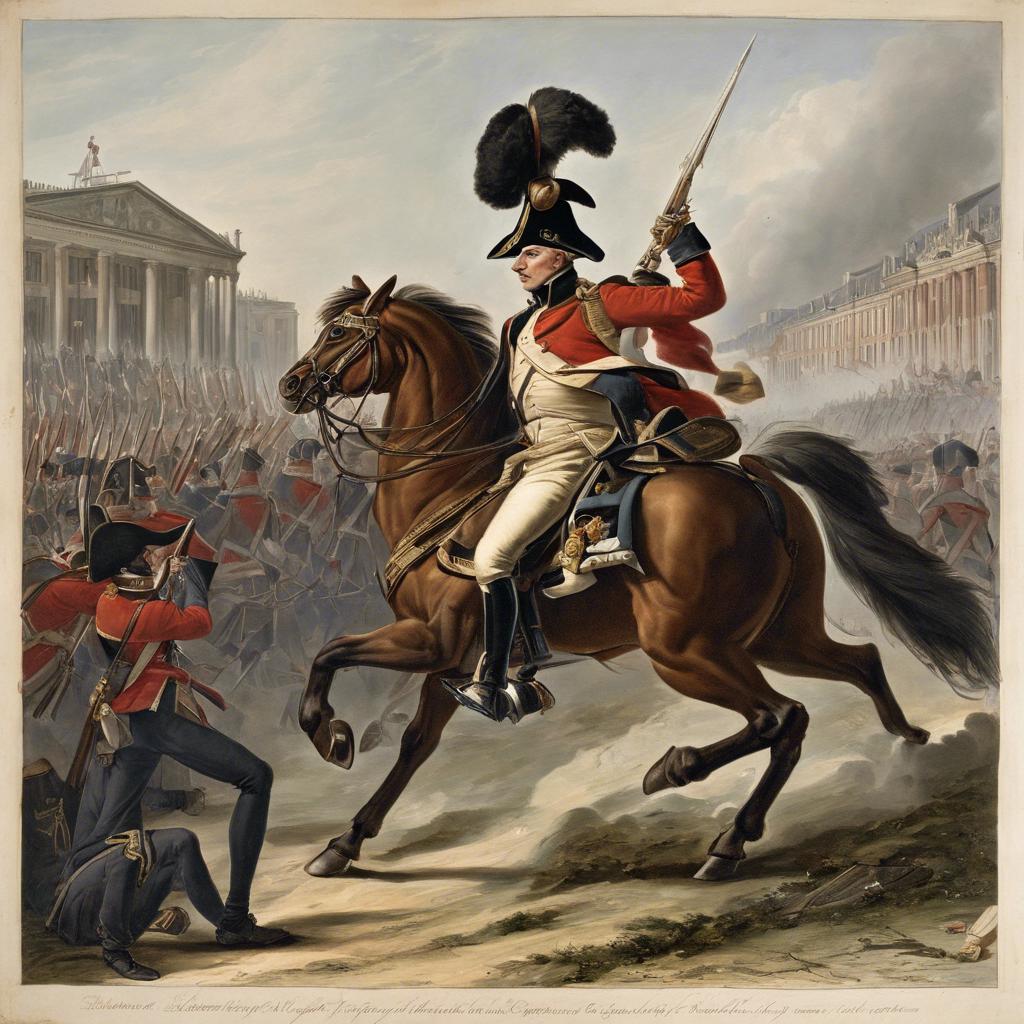
The Impact of Napoleonic Wars on German Politics and Society
The Napoleonic Wars had a profound impact on German politics and society during the Regency era. As Napoleon’s forces swept through Europe, the German states were caught in the crossfire, leading to significant changes in governance, culture, and daily life.
One of the key consequences of the Napoleonic Wars was the dissolution of the Holy Roman Empire in 1806, which had a lasting impact on the political landscape of Germany. The Confederation of the Rhine was established under French influence, leading to a shift in power dynamics among the German states.
Furthermore, the Napoleonic occupation brought about economic hardships, as taxes and conscription weighed heavily on the population. Social unrest grew as resentment towards foreign rule intensified, setting the stage for nationalist movements to emerge in the years following the wars.
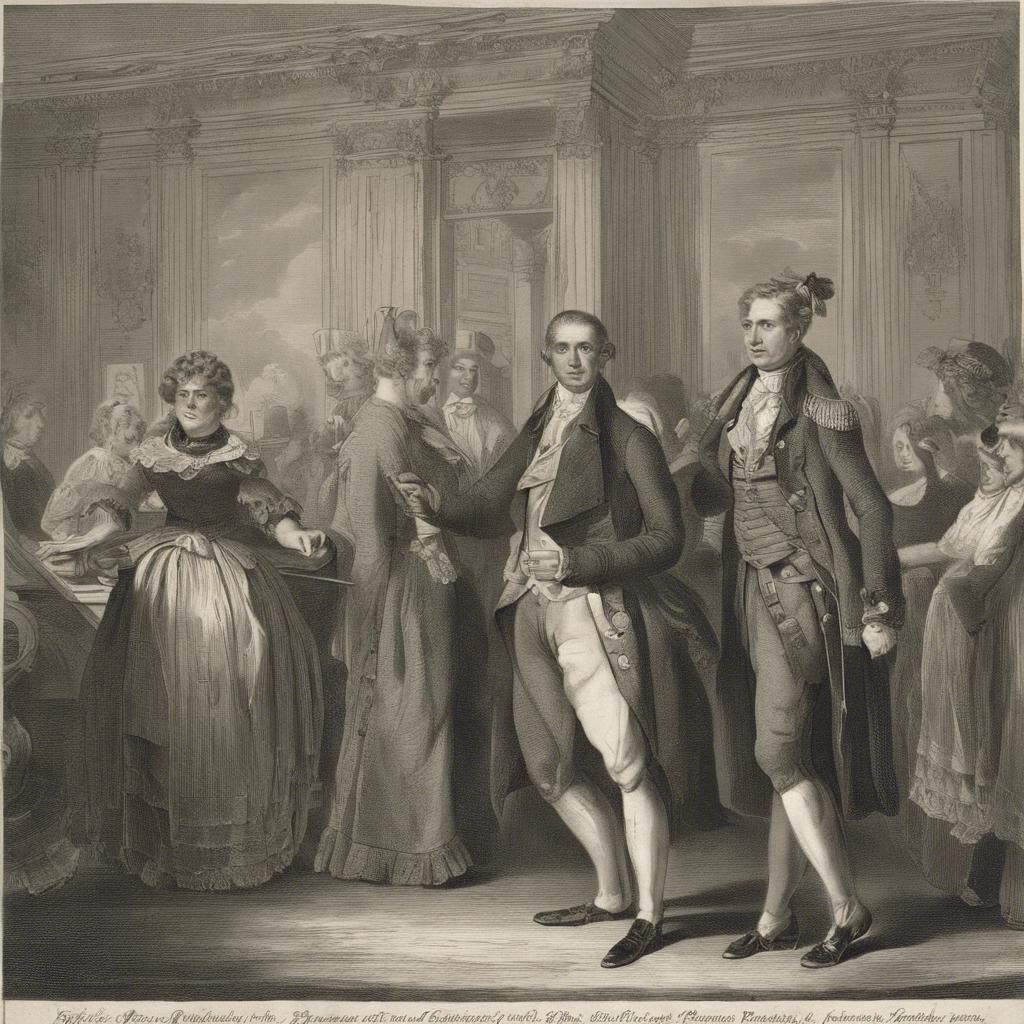
Navigating the Complexities of German Identity in the Regency Era
During the Regency Era in Germany, there existed a complex interplay of factors that contributed to the country’s identity. One of the most prominent influences during this time was the Napoleonic Wars, which had a profound impact on German politics, culture, and society. The wave of nationalism sweeping through Europe also played a significant role in shaping German identity, as individuals grappled with questions of loyalty to their respective regions or to a unified German state.
German identity during the Regency Era was further complicated by the diverse array of territories and states that made up the German Confederation. Each region had its own unique customs, traditions, and dialects, adding to the rich tapestry of German identity. The concept of ”German-ness” was not a monolithic one, but rather a mosaic of local identities that coexisted and sometimes clashed with one another.
Moreover, the influence of Enlightenment ideals and the burgeoning Romantic movement added another layer of complexity to German identity in the Regency Era. Intellectuals and artists grappled with notions of individual freedom and expression, while also yearning for a sense of collective belonging and cultural unity. This tension between individualism and community shaped the cultural landscape of Germany during this time, giving rise to a vibrant and dynamic artistic scene that continues to influence German identity to this day.
The Way Forward
the Regency era in Germany was a time of significant political and cultural change, marked by the rise of romanticism and the emergence of a powerful Germanic identity. The influence of key figures such as Johann Wolfgang von Goethe and Ludwig van Beethoven helped shape the intellectual and artistic landscape of the time. Despite facing challenges such as the Napoleonic Wars and a shifting political landscape, Germany emerged from the Regency era as a prominent force in European affairs. Through our exploration of this fascinating period in history, we gain a deeper understanding of the complexities and nuances that shaped the development of Germany in the early 19th century.
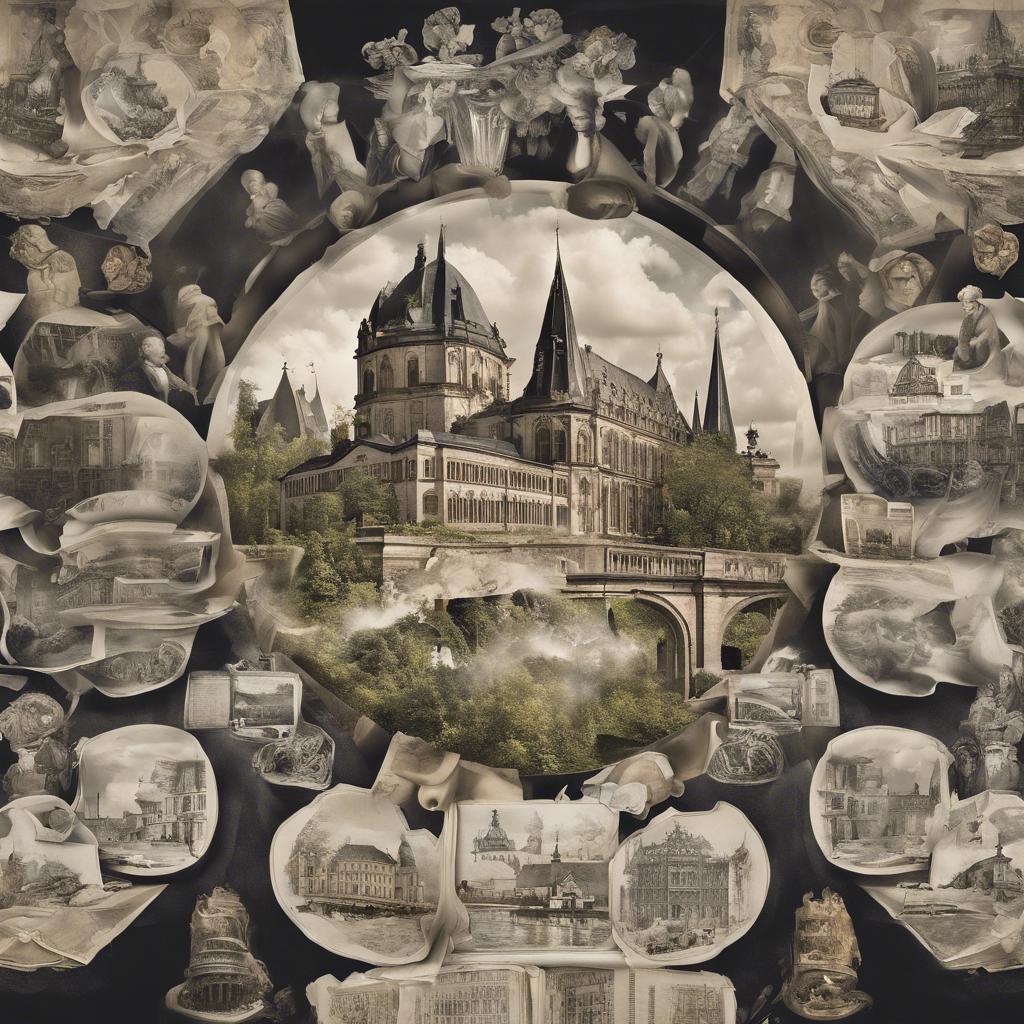

Pingback: regency era movies and tv shows – The Regency Era
Pingback: regency era in america – The Regency Era
Pingback: who ruled during the regency era – The Regency Era